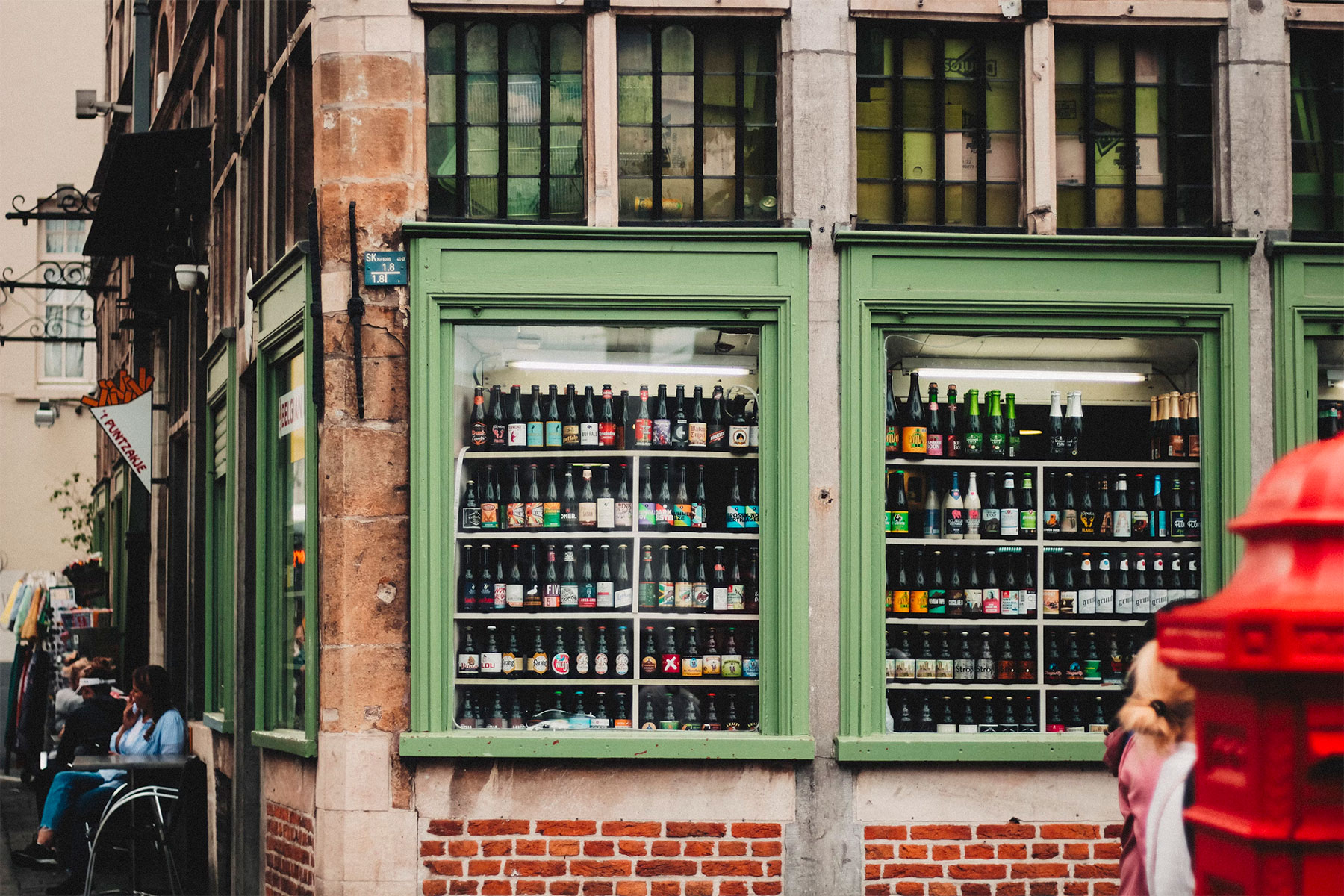Discover why the north of France and Belgium are beer havens. Explore locations, traditions, and facts about the best beers in the region.
The northern regions of France and Belgium are renowned for their beer-making heritage. These areas host some of the most respected breweries and styles, rooted in centuries of tradition. This article explores where to find the best beers, why they are exceptional, and how their brewing culture evolved.
The key beer regions
Northern France
The Hauts-de-France region is the heart of French beer culture. Cities like Lille, Lens, and Dunkirk are known for their bières de garde—a farmhouse ale style with malty and slightly sweet flavors. Brasseries such as Brasserie Thiriez and Brasserie Castelain produce iconic examples of this beer. Expect to pay around €3.50 (≈ £3, $3.75) for a bottle in local shops.
Another notable area is Flanders, where breweries blend French and Belgian techniques. They often create seasonal beers, including Christmas ales with spicy notes.
Belgium
Belgium is synonymous with beer culture. The Flemish region, including Bruges, Ghent, and Antwerp, offers a wide variety, from sour lambics to fruity tripels. Towns like Leuven host renowned breweries, including Stella Artois.
In Wallonia, Trappist breweries such as Chimay and Orval produce some of the world’s finest abbey ales. These beers range from €2.50 to €5 (≈ £2.15–4.30, $2.70–5.30), depending on the variety and size.
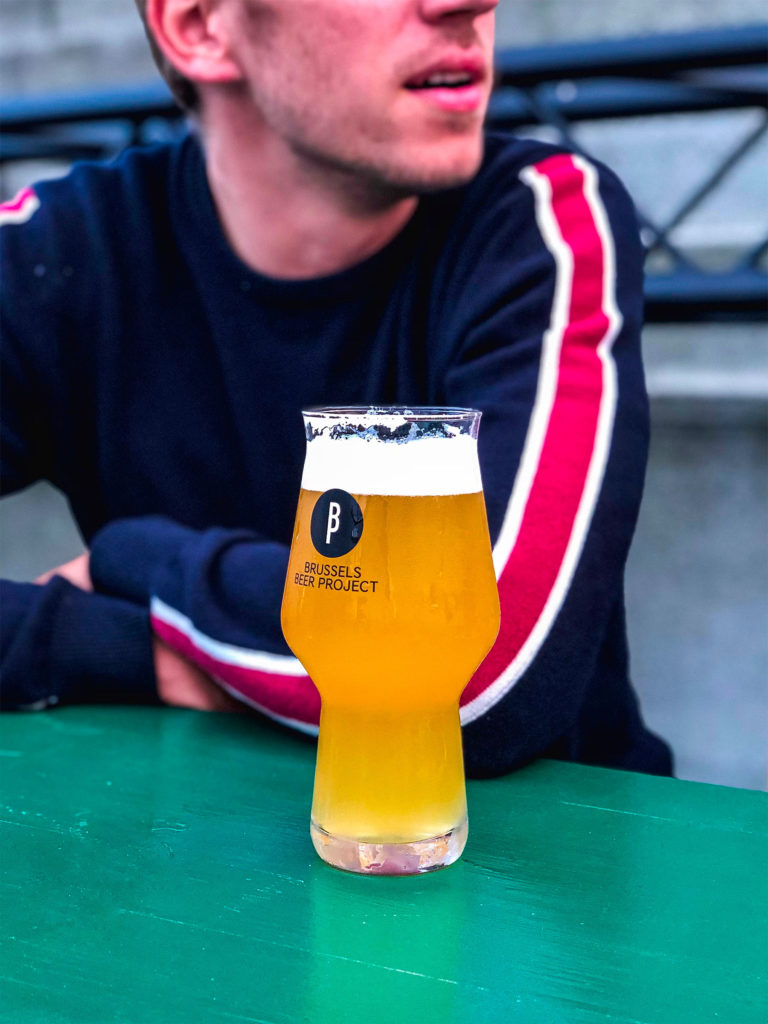
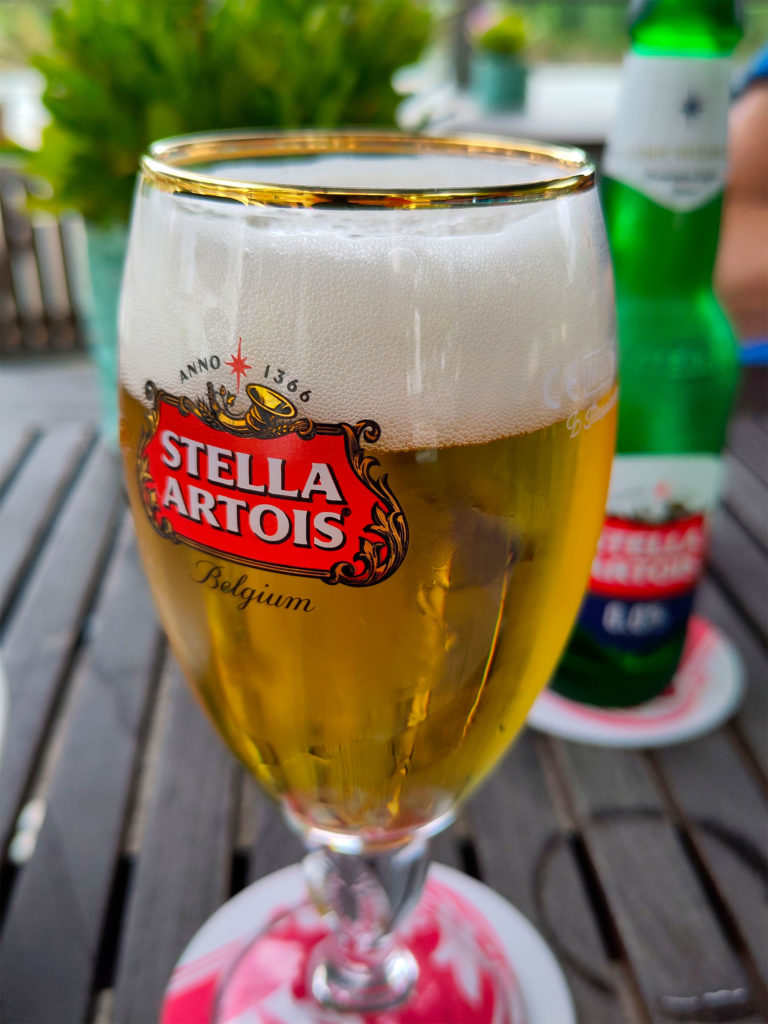
Why these regions excel in beer-making
Climate and ingredients
The climate in the north of France and Belgium is ideal for growing barley and hops. These ingredients are locally sourced, reducing transportation costs and supporting traditional methods. Proximity to rivers like the Lys and Scheldt also ensures a steady supply of high-quality brewing water.
Historical factors
In Belgium, monasteries preserved brewing techniques during the Middle Ages. Monks developed recipes for abbey beers, which remain influential today. In France, brewing traditions thrived in rural areas, where farmers crafted beer during winter months to use surplus grains.
Modern innovation
While steeped in tradition, breweries in both regions experiment with flavors. For instance, Délirium Tremens (Ghent) produces unique seasonal beers. French breweries like La Choulette also innovate with barrel-aging techniques, appealing to modern tastes.
The brewing process: how it differs
French brewing
French brewers prioritize long maturation periods, essential for the bière de garde style. This results in complex aromas and flavors.
Belgian brewing
Belgian brewers use mixed fermentation, involving wild yeasts like Brettanomyces. This creates the sour and fruity profiles found in lambics and gueuzes. Some breweries, such as Cantillon, employ traditional methods that require aging beers in wooden casks for up to three years.
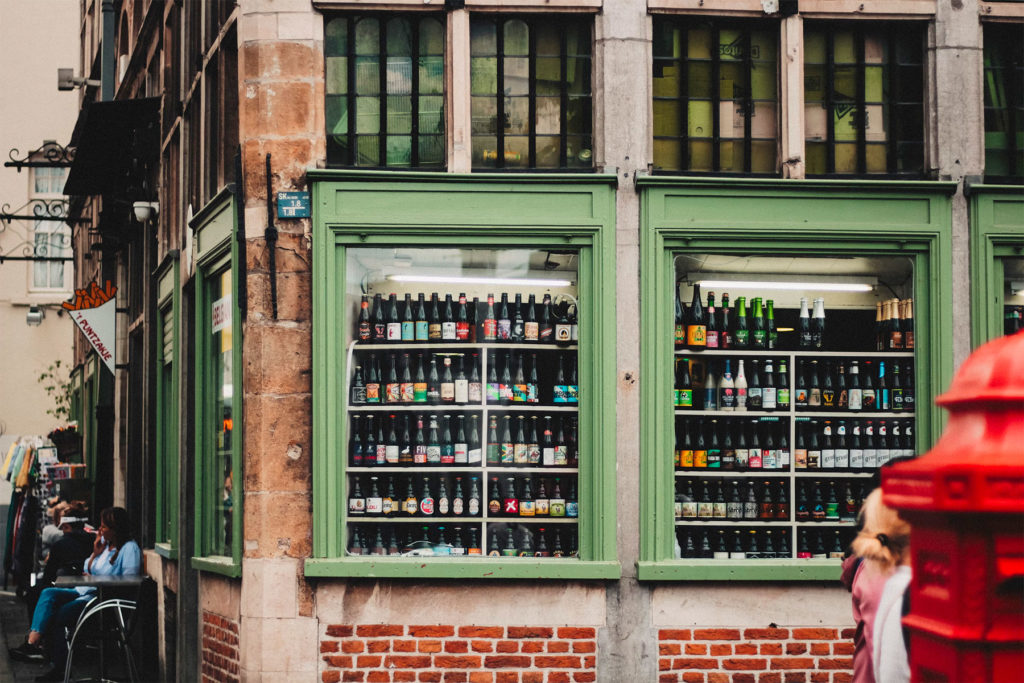
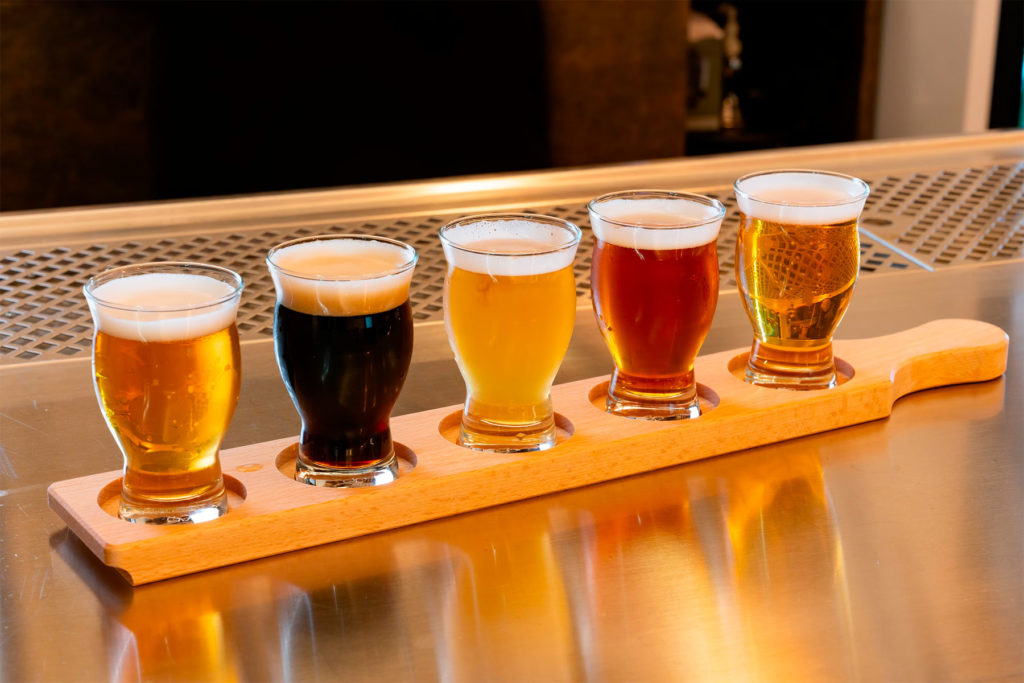
Where to experience beer culture
Bars and pubs
- In Lille, visit La Capsule, a craft beer bar offering over 100 choices, starting at €5 (≈ £4.30, $5.30) per pint.
- In Bruges, ‘t Brugs Beertje is a must-visit, showcasing over 300 Belgian beers.
** Breweries and tours
- Abbaye Notre-Dame de Saint-Remy in Belgium (home of Rochefort beers) offers guided tours at €12 (≈ £10, $13).
- Brasserie Duyck, the creator of Jupiler, is open for visits in France, with tastings included for €8 (≈ £6.90, $8.50).
The positives and negatives of beer tourism
Positives
- Authenticity: Local breweries maintain traditional methods.
- Variety: Hundreds of styles cater to diverse preferences.
- Accessibility: Regions are well-connected by public transport.
Negatives
- Seasonality: Some breweries limit tours during winter.
- Cost: Rare beers can be expensive, reaching €15 (≈ £13, $16) per bottle.
- Language barriers: Some rural breweries offer tours only in French or Flemish.
The north of France and Belgium provide a unique beer experience rooted in history, climate, and craftsmanship. From the farmhouse ales of Hauts-de-France to the complex lambics of Brussels, there is much to explore. With accessible locations, diverse styles, and centuries-old traditions, this region remains a must-visit for beer enthusiasts.
XperienceFrance is your travel specialist in France.
